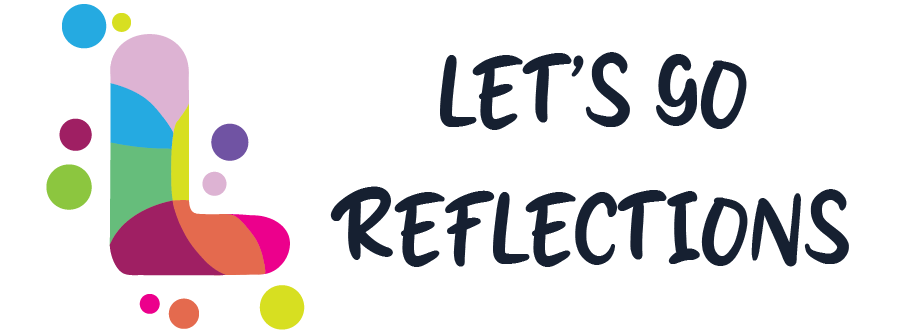Quick links
The Importance of Effective Note-Taking
Benefits of Organized and Structured Notes
Strategies for Active Listening and Note-Taking
Choosing the Right Note-Taking Method
Enhancing Recall and Retention through Visual Aids
Reviewing and Reinforcing Your Notes for Maximum Learning
Closing

The Importance of Effective Note-Taking
Effective note-taking is a vital skill that can greatly enhance your learning experience and overall productivity. When you take notes effectively, you actively engage with the material, improve your understanding, and retain information more effectively. It allows you to capture key ideas, important details, and your own thoughts, providing a valuable resource for future reference and review. By taking organized and well-structured notes, you create a personalized study aid that helps you consolidate knowledge, make connections between concepts, and perform better in exams or professional tasks.
Benefits of Organized and Structured Notes
Keeping your notes organized and structured offers numerous benefits. It helps you locate specific information quickly, saves time during review sessions, and prevents important details from getting lost. Well-organized notes also enable you to identify key points and themes, facilitating a deeper understanding of the subject matter. When your notes are structured logically, it becomes easier to follow the flow of ideas and make connections between different topics or subtopics. This organization enhances comprehension, promotes efficient learning, and allows for seamless integration of new knowledge with existing knowledge.
Strategies for Active Listening and Note-Taking
Active listening and effective note-taking go hand in hand. By employing strategies for active listening, such as paying attention, asking questions, and summarizing information mentally, you can capture the most relevant and valuable content in your notes. Actively engaging with the material helps you stay focused, extract key ideas, and process information more deeply. Effective note-taking strategies, such as using shorthand, symbols, or visual cues, enable you to record information efficiently without missing important details. These techniques ensure that your notes are accurate, concise, and reflective of the main ideas and supporting information.
Choosing the Right Note-Taking Method
Selecting the appropriate note-taking method is crucial for optimizing your learning experience. Different methods, such as the Cornell Method, mind maps, or bullet journaling, offer unique advantages depending on the nature of the content and your personal preferences. The right method allows you to organize information effectively, visually represent connections between ideas, and customize your notes to suit your learning style. By choosing the method that aligns with your needs, you can streamline the note-taking process, increase comprehension, and create a comprehensive resource that aids in effective studying and knowledge retention.
Enhancing Recall and Retention through Visual Aids
Visual aids play a significant role in enhancing recall and retention of information. When you incorporate diagrams, charts, graphs, or illustrations into your notes, you create visual representations that facilitate understanding and memory recall. Visual aids simplify complex concepts, highlight relationships, and reinforce key points. By leveraging visual cues, you can strengthen your ability to recall information during exams, presentations, or when revisiting your notes. Additionally, the process of creating visual aids itself promotes active engagement with the material, deepening your understanding and increasing the likelihood of long-term retention.
Reviewing and Reinforcing Your Notes for Maximum Learning
Reviewing and reinforcing your notes is essential for maximizing learning outcomes. Regularly revisiting your notes helps solidify knowledge, refresh your memory, and identify any gaps in understanding. Techniques such as spaced repetition, summarizing key points, or self-quizzing enable you to actively engage with the material and reinforce learning. By incorporating these review strategies into your study routine, you reinforce connections between concepts, identify areas that require further attention, and build a strong foundation of knowledge for continued learning and application.
Closing
By recognizing the importance of effective note-taking and implementing these strategies, you can transform your learning experience, improve comprehension, and enhance your overall productivity. Effective note-taking not only helps you succeed academically but also equips you with valuable skills for professional tasks, problem-solving, and lifelong learning.


